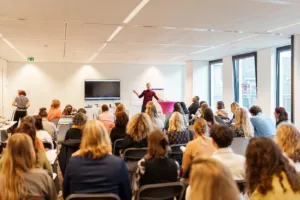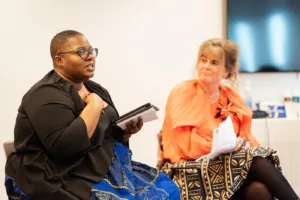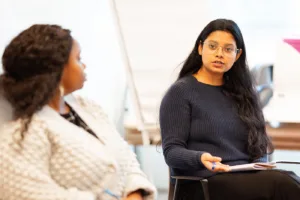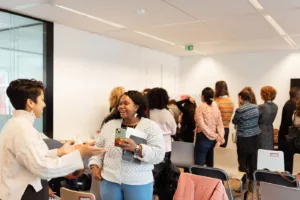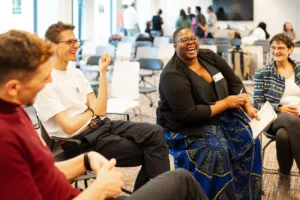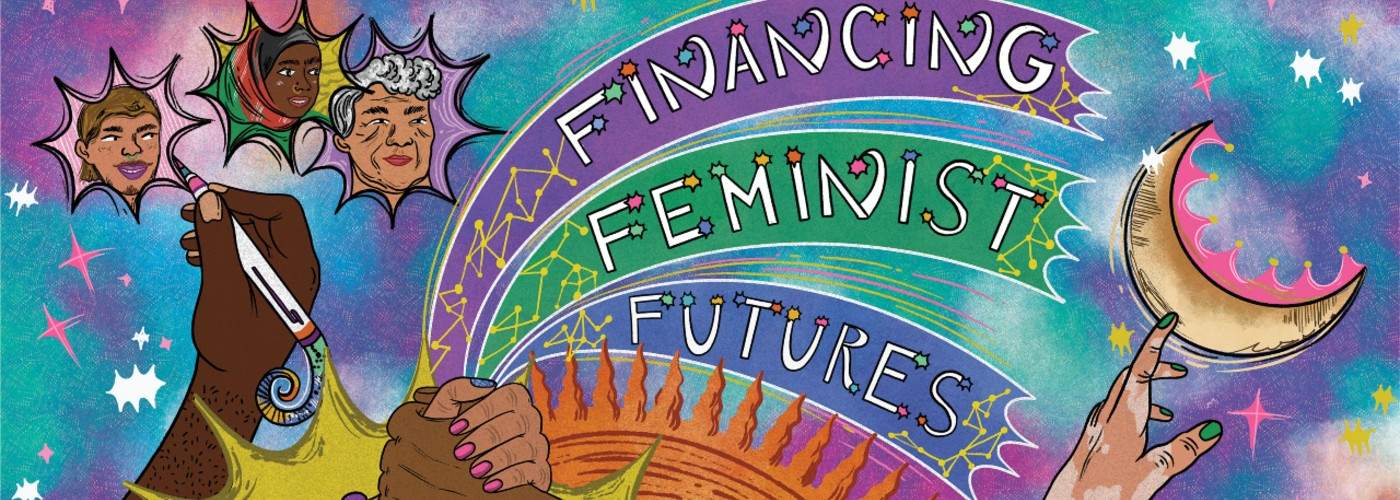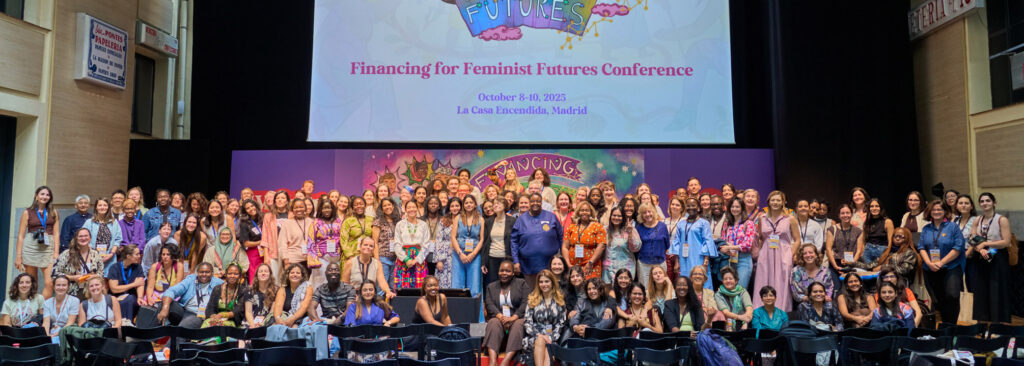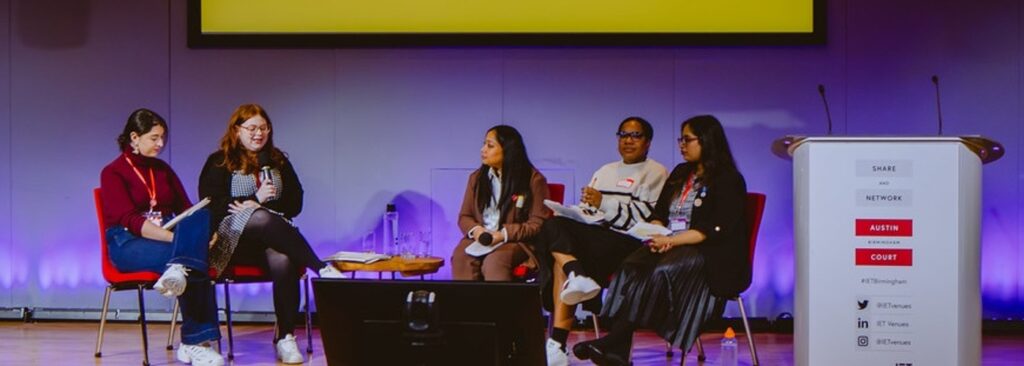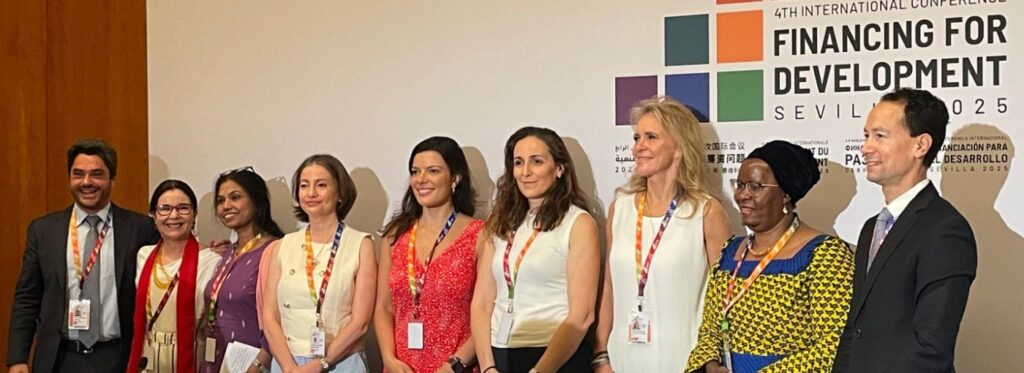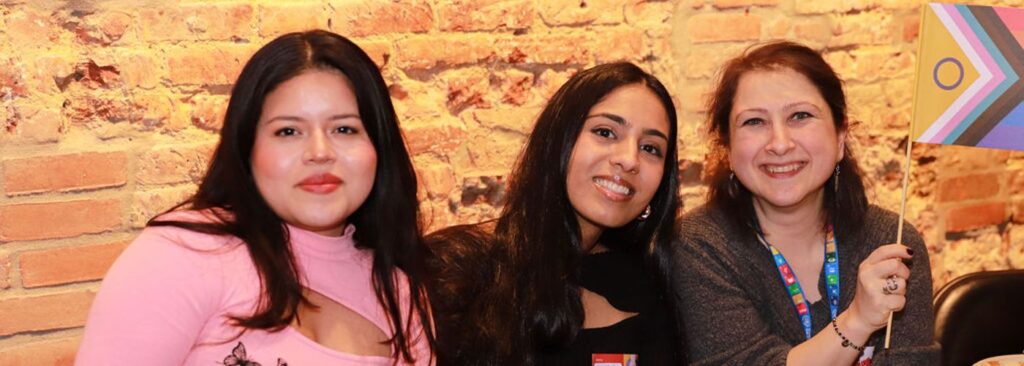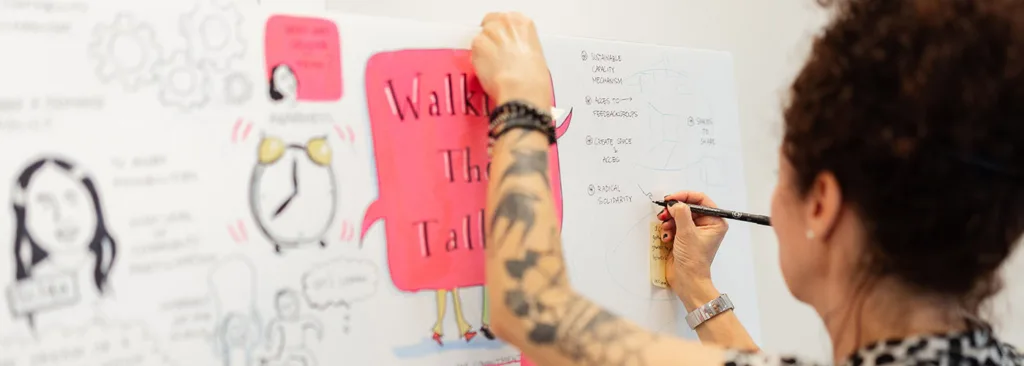Walking the Talk advocates for inclusive foreign policies, practices, and funding that champions gender equality in the Netherlands, the United Kingdom, France, Germany, and the European Union, reflecting the voices of women and LGBTIQ+ communities from the Majority World.
For too long, women and LGBTIQ+ persons have been left out of foreign policy, resulting in decisions on security, peace, international alliances, climate change, or trade, for example, that don’t reflect their interests. Feminist movements and civil society organizations remain vital drivers of change, but they continue to operate with limited resources. To break this cycle, the Walking the Talk program advocates for an increase in Official Development Assistance (ODA) dedicated to gender equality and women’s rights, especially funding for progressive, intersectional feminist organizations in the Global South.
Governments must “walk their talk”
Today, our world is fragmented and politically divided. The feminist funding landscape is experiencing seismic shifts: deep cuts to Official Development Assistance (ODA) and the rise of well-funded anti-rights actors are threatening to undo hard-won gains. Feminist movements have been underfunded for a long time, but now more than ever.
There is also momentum. Commitment on gender equality has been seen through the uptake of Feminist Foreign Policies (FFPS) by several countries since 2014 and in outcome documents of multilateral processes. It is crucial to hold governments accountable for the implementation of their commitments and/or feminist policies and ensure they “walk their talk.” For a vibrant, inclusive, and resilient international movement for gender equality, progressive organizations in the Majority World (countries with the largest share of the global population) led by women and LGBTIQ+ persons need sufficient and reliable funding. Whether that is through ODA or other channels.
Our approach
To effectively push for foreign policies and ODA that leave no one behind, we need to mobilize our (inter)national networks. Working together for more feminist, inclusive, and equitable foreign policies will also contribute to the progress of Sustainable Development Goal 5 (SDG 5).
We actively challenge binary notions of gender, embrace gender and sexual diversity, and take an anti-racist and intersectional approach. While we are a consortium of organizations based in the Minority World and focus our engagement work on decision-makers (and the wider public) in Europe, our work will be steered by rightsholders from the Majority World. This means that South-North co-creation is at the heart of our consortium strategy, research, communication, and advocacy efforts.
We also create inclusive spaces where feminists from the Majority and Minority World can co-strategize on the best way to convince decision-makers in the North of their ideas. At our Financing for Feminist Futures (F4FF) Conference in Madrid, October 2025, we brought together different stakeholders to improve cross-sector collaboration and support movement strengthening. We developed strategies to resource feminist movements and mobilize broader support for gender equality financing in this challenging moment. We have shared our recommendations with the G20 and the 4th Feminist Foreign Policy Ministerial Conference, and we will continue to do so.
Our goals
By 2026 we aim to have achieved these outcomes:
- The foreign policies and ODA of the United Kingdom, France, Germany, the Netherlands, and the EU reflect the priorities and ideas of feminists from the Global South and North.
- There is more and better funding available for gender equality, through ODA or other channels, in these four countries and at the EU level.
- Funding from the United Kingdom, France, Germany, the Netherlands, and the EU is more accessible for feminist organizations from the Global South.
Period and budget
August 2023 – July 2026, 7 million USD.
Donor
Gates Foundation
Partners
Restless Development, Equipop, ODI Europe, Deutsche Stiftung Weltbevölkerung DSW, Hivos
